As last year’s legislative session in Congress concluded shortly after the midterm elections, the Puerto Rico Status Act passed in the US House of Representatives but did not get attended by the US Senate. However, on Thursday, Representative Raul Grijalva (D) of Arizona, the bill’s original cosponsors, and Puerto Rico Governor Pedro Pierluisi (Npp, D)held a press conference to reintroduce the legislation, now labeled HR 2757, in the House. While proponents remain hopeful for the bill’s political future, the Puerto Rico Status Act and the movement to finally determine the territory’s status will face major challenges as the year progresses.
Initially proposed by Representatives Alexandria Ocasio-Cortez (D) and Nydia Velazquez (D) of New York, the Puerto Rico Status Act seeks to organize a plebiscite for Puerto Ricans to finalize their future status. The bill passed the House last year by a vote of 233 to 191 but now must be reintroduced by the US House Committee on Natural Resources after the Senate did not vote during the last term. If passed, Puerto Ricans would be able to vote to either become a state or gain independence, with or without free association with the United States.
Therefore, Democratic figures and Pierluisi intend to act quickly to facilitate the electoral process this year. This is especially important since, based on the controversial procedures and outcomes of prior plebiscites, Puerto Rico’s electoral system will require significant reform before undergoing a binding vote on its future status. A 2012 vote on the status issue was refuted by those opposing statehood, and the Popular Democratic Party boycotted the 2017 plebiscite.
Beyond the flaws of Puerto Rico’s electoral system, political affiliations may be the most significant problem for the Puerto Rico Status Act. While this legislation succeeded in the US House last year, Democratic proponents will have to overcome the new obstacle of a US House controlled by a Republican majority. A mere 16 Republicans voted for the bill in 2022, and key Republican figures continue to oppose the legislation. Notably, Ranking Member of the House Committee on Natural Resources Bruce Westerman (R) of Kentucky spoke out against the Puerto Rico Status Act, calling it a “partisan play” whereby “the biggest losers are the people of Puerto Rico themselves.” While the official GOP platform supports Puerto Rican statehood, one of Republicans’ chief concerns is their belief that Puerto Rico’s annexation would guarantee another two Democratic Senators and four Democratic Representatives. Thus, partisan priorities may spell the end for the bill’s future, as most experts project Republicans would defeat the bill in a direct vote. Furthermore, Republican control of the US House Committee on Rules could inhibit Democratic efforts to progress the bill beyond committee, as the GOP has the power to restrict the amendments process, determine the time for discussion, and schedule hearings and votes.
To resolve this issue and to potentially win the required 60 votes in the Senate, Democrats seek to promote collaboration with Republicans. At the press conference, cosponsor Resident Commissioner Jenniffer González-Colón (NPP, R-) of Puerto Rico broke with her national party to support the bill and laud its “bipartisan approval.” With the reintroduction of the bill, González-Colón and other cosponsors intend to garner support by addressing doubts from Republicans and Power 4 Puerto Rico, a national advocacy coalition which lobbies for federal legislation on the territory. Importantly, proponents will follow demands from Power 4 Puerto Rico to “conduct public hearings, with ample advance notice and simultaneous translation in Puerto Rican Spanish, in DC and Puerto Rico.”
Despite these concerns, Democrats remain optimistic about Puerto Rico’s political future. After Biden integrated the territory into the Inflation Reduction Act and Bipartisan Infrastructure Bill, federal investment in Puerto Rico would improve the process of admission. The tumultuous uncertainty of the current political climate aside, the Puerto Rico Status Act is essential for resolving the territory’s unjust, inequitable relationship with the US. With the reintroduction of this bill in the House, Representative Velazquez dedicated herself to “ensure that the decolonization of the island[s] stays front and center in Congress.”

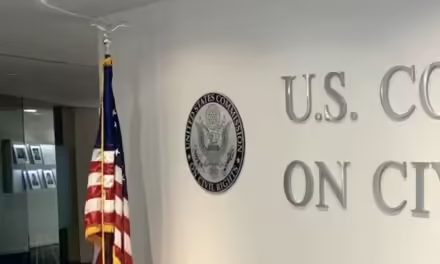
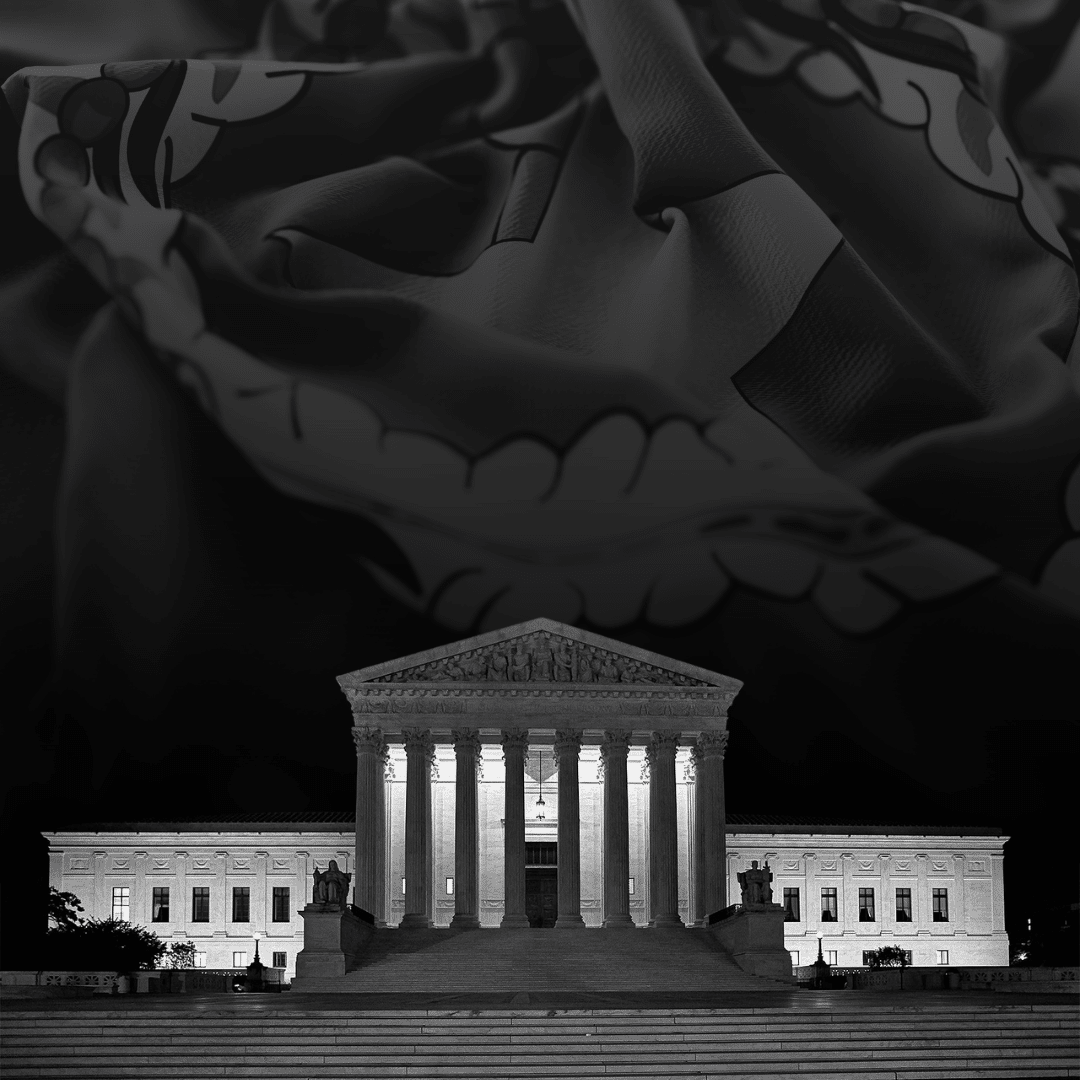

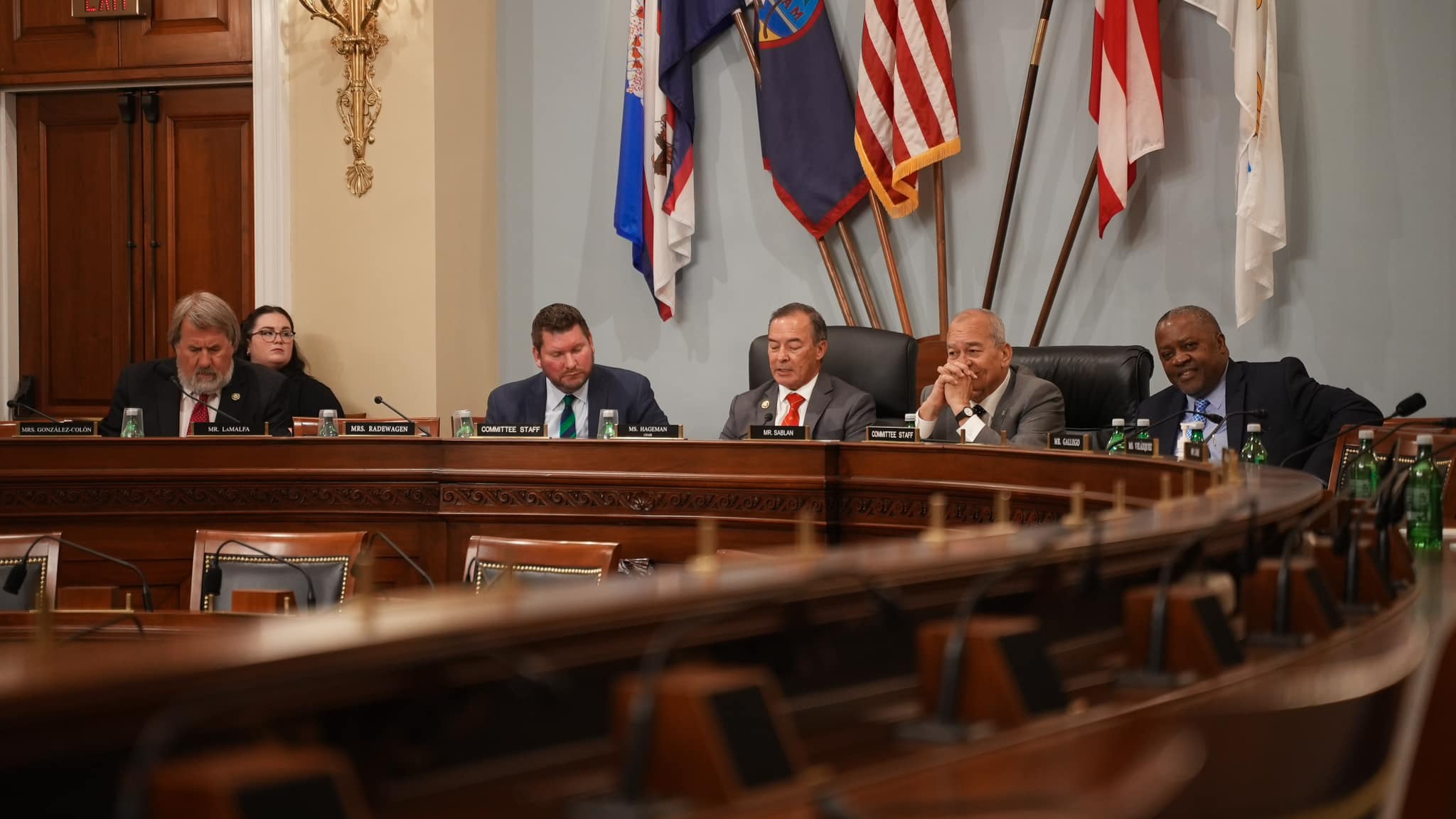
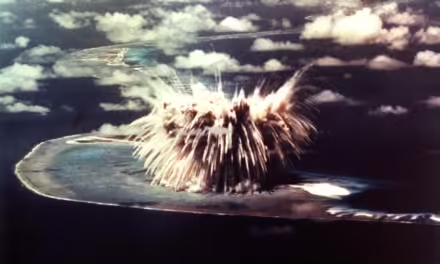
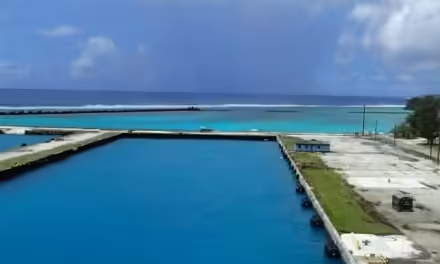


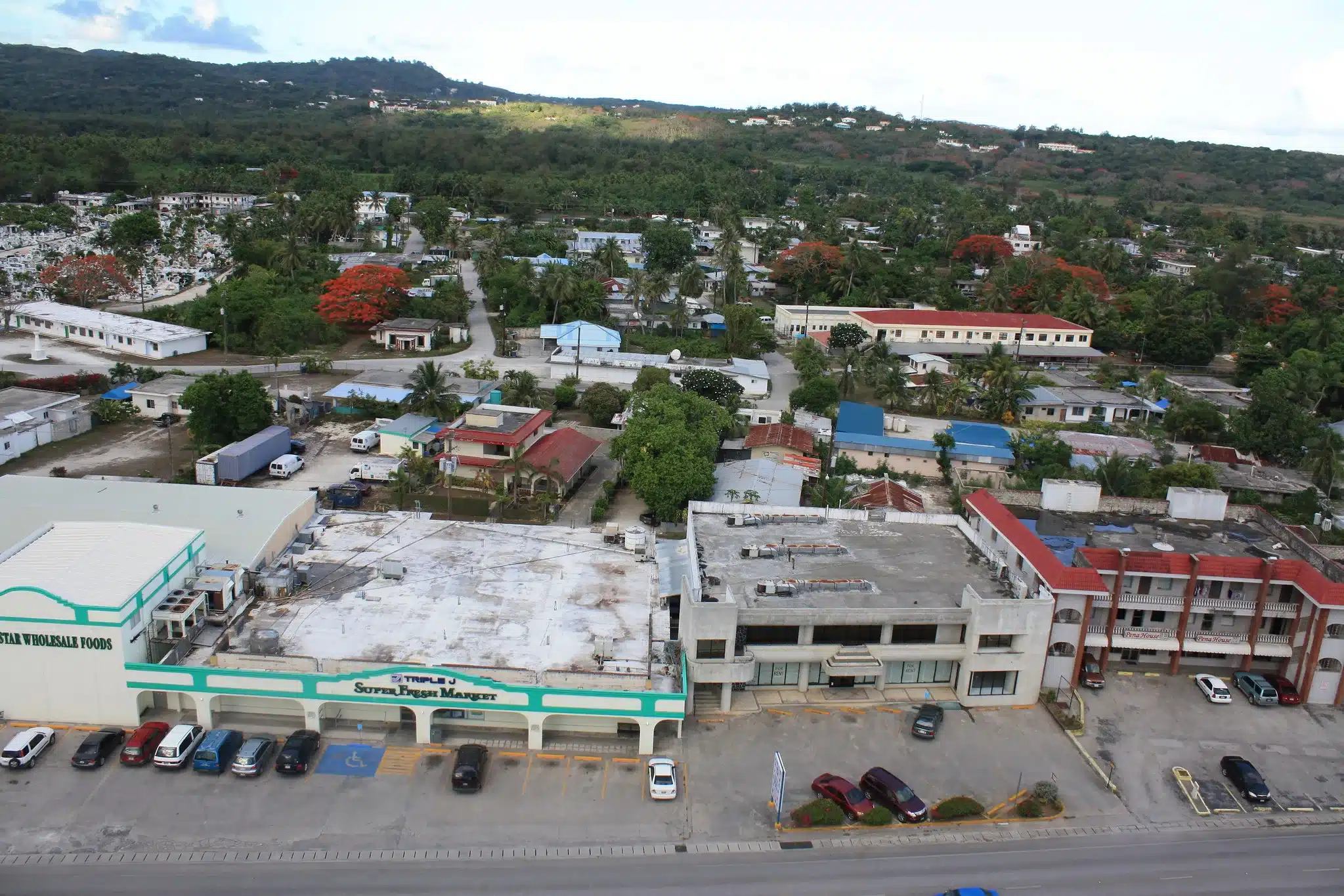


0 Comments